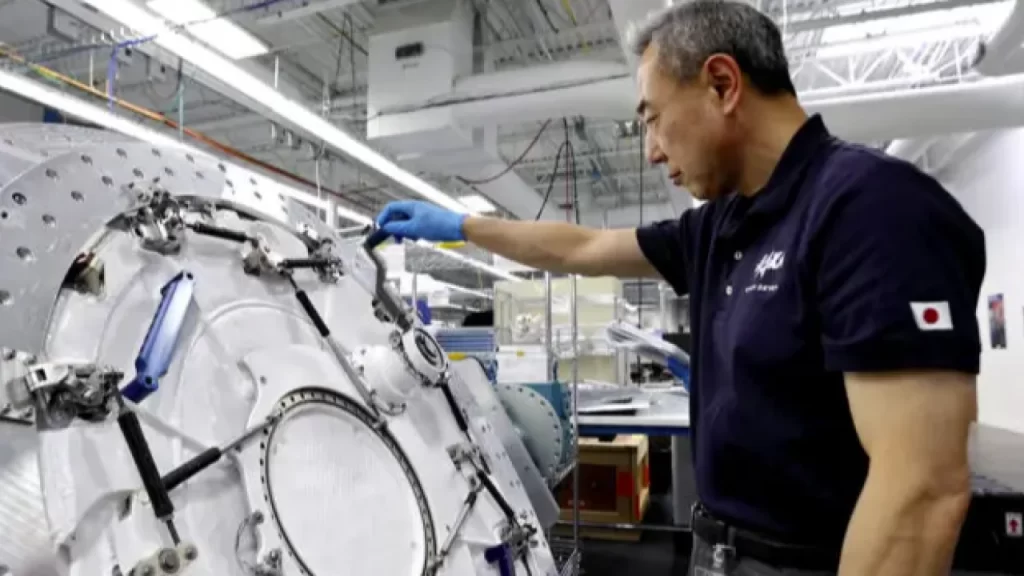Japan is at the forefront of an international competition to engineer tech that can transport energy from space to Earth. They’re aiming for a practice run around 2025, with a joint venture between public and private organisations spearheading this project – it’s a giant leap forward in the search for eco-friendly energy sources.
Way back in 1968, an American physicist tipped us off to the concept of space-based solar power. It involves sending up solar panels– 36,000 kilometers into the sky– to generate juice. Afterwards, we send down microwaves– similar to those you’d find in your kitchen –to a ground station and transform it into energy. In sum, this wild idea could provide an eco-friendly way for us to get our power.

Japan’s top players, helmed by the former head of Kyoto U., Hiroshi Matsumoto, have been slaying in their research since the 80s. They revolutionized space power transmission and were the first to do it via microwaves. Led by Naoki Shinohara, a prof at Kyoto U., these innovators kept putting in work and after years of test runs they finally completed two experiments in 2015 and 2018 with a 50-meter reach.
In the not-too-distant future, around 2025, we’re gonna put on a show. We’ll launch a whole pack of mini satellites to demonstrate how we can transfer power from far away places in the sky alllllll the way down here on Earth. It’s an ambitious project that could help harness solar energy from space and have far-reaching implications.

Research groups from the California Institute of Technology, Chongqing University (China), and the European Space Agency are seemingly all vying for a piece of the stellar pie. They’re each pushing boundary-shattering ideas forward in an effort to make space-based solar power a reality.
Interest and progress is increasing in this sector, but the cost of setting up solar power is still far too high. To build a 1-gigawatt facility, which is on par with an atomic reactor, you’d need to cover an area of about 2 square kilometers! And even if technology gets better, estimates guess that it’ll take over 1 trillion yen ($7.1 billion) for us to pull it off.
However, space-based solar power holds enormous promise for a sustainable future because to the rising worldwide focus on reaching net-zero carbon dioxide emissions and the potential for a stable power source regardless of the weather or time of day. Japan’s efforts in this area aim to not only secure a clean energy source but also establish the nation as a pioneer in space development and international cooperation.


